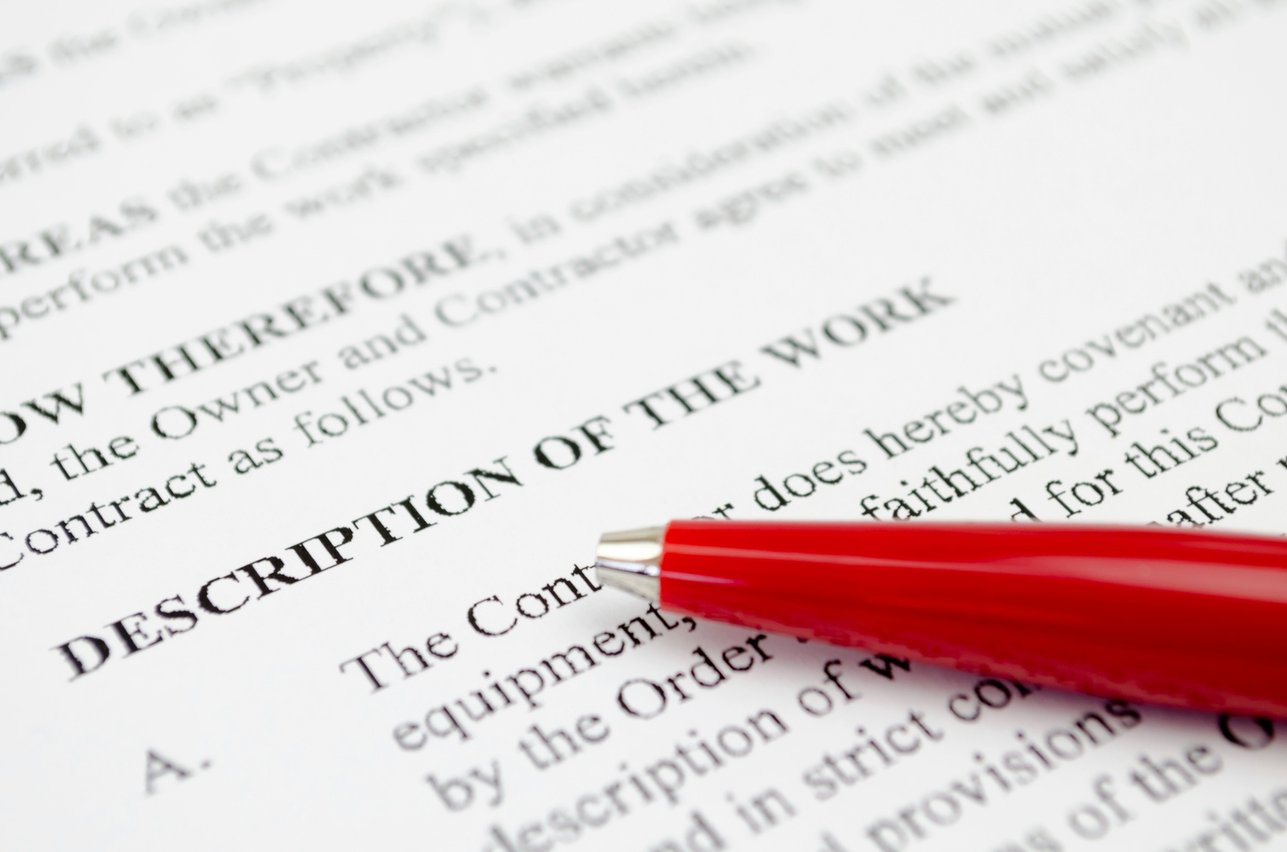
Job design is most commonly defined as the development and growth of the relationship between an employee and the job they are assigned to. Primarily concerned with the field of human resource management, it takes into account how skillset, personal motive, autonomy and creative freedom creates productive employees.
Most of these principles rely on one of the theory of job characteristics, which focus on enriching the tasks assigned to employees to feel more impactful and meaningful in the overall scheme of things. This design carries a powerful psychological component that can be key to boosting your employee performance while reducing possible issues such as grievances and job dissatisfaction.
In particular, there are three psychological states that can be developed and enriched through proper job design. These states are critical due to the correlation that better results can be gained if the foundation itself is sound for better output. In essence, it’s understanding that how the job works can affect how the person executes it.
- Knowledge
First of all, the job has to be designed in such a way that it builds knowledge. Knowledge adds value to a task which can give employees a psychological edge to practice their craft to utmost precision and accuracy. There is pride in work well-done, and knowledge of that fact can boost an employee’s morale and self-esteem.
More importantly, this can also impart to the employee that their services are needed and valued by the company. As much of the workplace dynamic is social in nature, a sense of value can help forge stronger ties between employees and their team leaders.
- Accountability
Owning up to one’s work is the natural progression from knowledge, and so being accountable for the results of one’s job is the second psychological state that develops from good job design. An employee who takes the results of their work into their own account will naturally gravitate towards improving their performance where it’s needed.
Accountability also means being aware of the ripple effect that their actions have on the company. This dynamic is useful when evaluating those who are on the lower levels of the job ladder. It may be easy for them to forget the overall significance their actions have on the company when they may seem so small, but cultivating a sense of accountability can help offset this gap. In addition to giving them the drive to improve, it also raises their sense of responsibility.
- Meaning
Finally, a well designed-job will always provide inherent meaning to the task that they do. The adage of a “dead-end job” is well-known; what can be more subtle is the effect it has on the person who is assigned to the task at hand. Giving meaning to what they do in the office allows them to have a comprehensive experience and appreciation for their role in the workforce.
In particular, the psychological outlook of your employee on their job is one of the biggest factors in how well they perform it. It’s been established that employees are happier, more productive and least likely to leave if they feel that the task they’ve been assigned to is not only in line with the company’s goals but their own as well. To cultivate an environment of worth and growth should be of utmost importance when it comes to job design.
Job design looks farther than the requirements needed to fulfill a job; it also takes into account creating the position in such a way that it offers value to the person who will fill it. The search for meaning permeates all areas of life, and the workplace is no exception. Businesses who design their jobs well will nurture an environment that pushes people into the best kinds of employees for their jobs - and the company as a whole will be better off for it.
To know more about the factors that can affect your employee’s performances, consult with our team at myCEO today.
